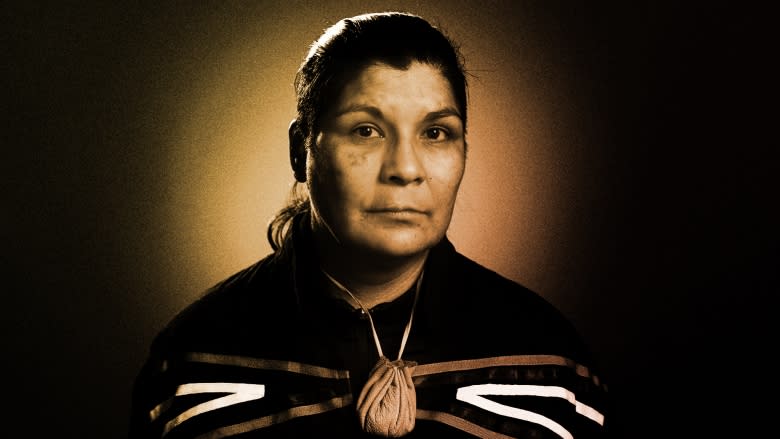Sixties Scoop survivors group concerned over FSIN chief's comments
A group of survivors from the Sixties Scoop is concerned with comments made by Federation of Sovereign Indigenous Nations Chief Bobby Cameron.
On Wednesday, Cameron said that the provincial government should pay survivors $200 million that would be attached to a long-awaited apology for the scoop, which took thousands of Indigenous children out of their homes and placed them with white families across the North America.
Member Lynn Thompson says Cameron didn't consult with her group before making the statement and should have done so.
"He's never spoken to any of us, nor attended our meetings," she said. "Nor knows what our claim is."
Thompson said the group called an emergency meeting Thursday night in response to Cameron's comments. She said FSIN Vice-Chief Kimberley Jonathan was in attendance and hopes the meeting smoothes things over.
"It was an opening, but not the opening we wanted," she said. "She is addressing the issue."
Thompson said many survivors have felt excluded from their First Nations for years, and this feels like another example of this happening.
"We live in a white world that we're not accepted in, and when we often go back to our First Nations people, they look at us like we're white," she said.
"We were raised white, educated white, dress white, talk white. So, we're hoping to bridge that gap."
Thompson was born on the Pine Creek First Nation in Manitoba, but has lived in Saskatoon for the last 20 years.
She maintains that any money from the province should go directly to survivors and not to groups like the FSIN. The FSIN has asked for the compensation to be given to those affected by the Scoop.
Thompson is part of a long-standing class-action lawsuit on the Sixties Scoop. In October, the federal government agreed to provide $750 million to compensate survivors across the country. Another $50 million has been set aside for reconciliation initiatives.
In 2015, Premier Brad Wall committed to an apology from the provincial government for survivors, which hasn't happened yet. While other provincial governments have agreed to compensate survivors, Wall said he believes an apology can be made without money.
The CBC has reached out to the FSIN but has not yet received a response.



